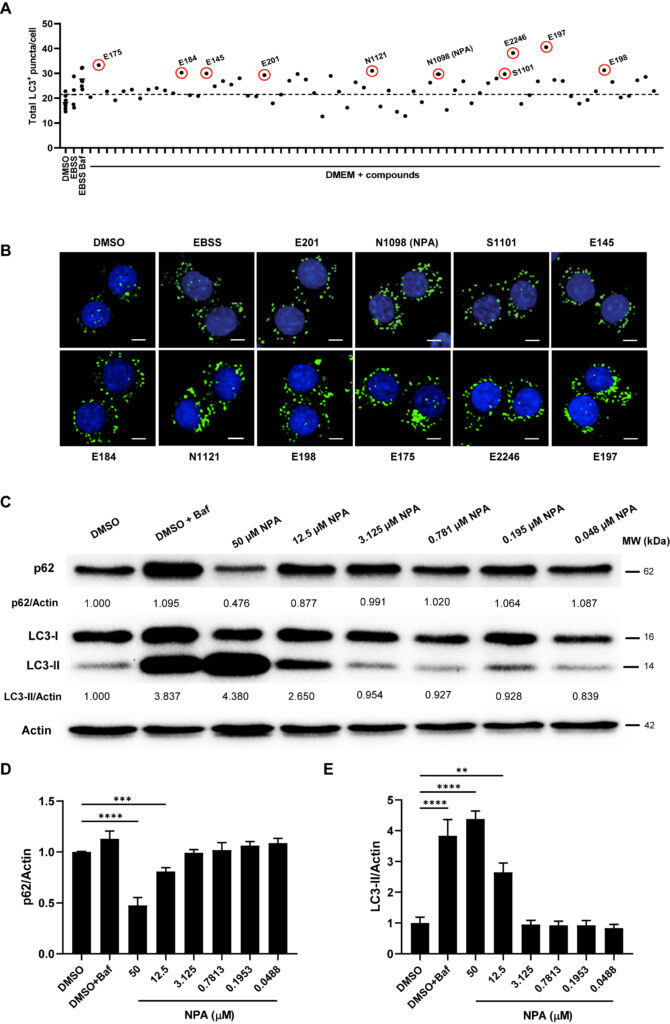Panduratin A Induces Autophagy Through AMPK Activation Independent of mTOR Inhibition and Restricts Mycobacterium tuberculosis in Host Macrophages

Tuberculosis (TB), caused by Mycobacterium tuberculosis (Mtb), is still a major global health problem, made worse by the rise of drug-resistant strains. To tackle this, researchers are looking for new treatments that work in different ways from current drugs. One promising approach is to boost the body’s own defenses through a process called autophagy. This is a natural mechanism where immune cells, like macrophages, break down and destroy germs hiding inside them. In this study, researchers tested many plant-derived compounds to find substances that could trigger autophagy in immune cells. They discovered that Panduratin A (NPA), a natural compound from the fingerroot plant (Boesenbergia rotunda), strongly activates autophagy at low doses. NPA increased the formation of autophagic structures and worked through the AMPK pathway, rather than the more common mTOR pathway. Importantly, NPA helped immune cells clear TB bacteria more effectively by increasing the contact between bacteria and the cell’s destruction machinery. This effect required a key protein called Beclin-1. These results suggest that NPA could be developed as a new type of treatment that boosts the body’s natural defenses against TB.
Read more: https://onlinelibrary.wiley.com/doi/10.1111/mmi.70025
Corresponding author: Marisa Ponpuak
First-author: Thomanai Lamtha

